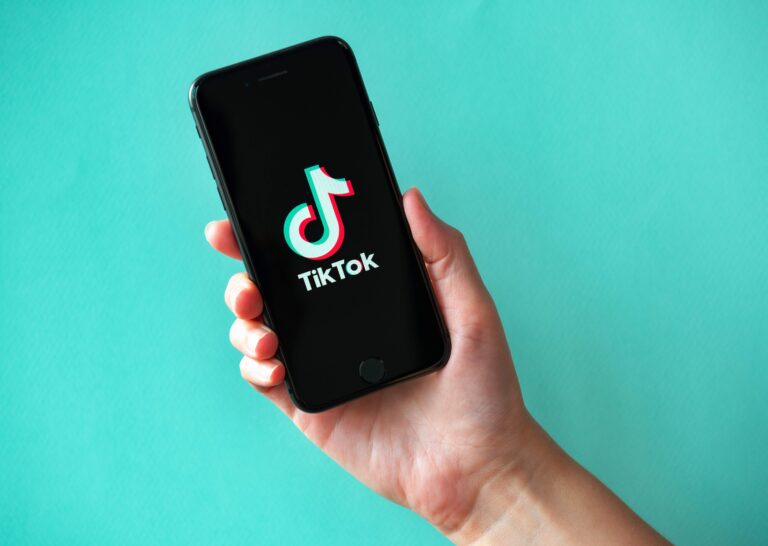A few weeks ago, Facebook dropped a bomb. CEO Mark Zuckerberg announced that the company would pivot their services and shift the focus of the organization. Facebook followed up with new information at their F8 summit.
Facebook has made noise about significant changes in the past. After a data sharing scandal rocked their fanbase (and their stock price), the social media giant went on the PR and advertising warpath promising transparency, honest practices, privacy, and to get back to their roots.
The new promise trajectory, however, is not about resculpting their image. Zuckerberg is discussing something radically different. He’s talking making a near 180-degree change. Facebook’s origins were all about visibility: wishing someone a happy birthday in front of all their friends, showing off vacations, sharing news with a broad community. Zuck’s statement, “As the world gets bigger and more connected, we need that sense of intimacy more than ever. That’s why I believe that the future is private. This is the next chapter for our services” is a far cry from the ‘connecting the world through sharing’ message they’ve pushed in recent years. The shift in perceived global ideals would take the platform from a public forum to more of a private one.
How Facebook Is Proposing to Change the Platform
Speaking in broad terms, Zuckerberg discussed moving away from public posts and permanent content. New focuses on the platform include disappearing stories, private messaging, and small member forums. He said the platform would focus heavily on privacy and move it’s offerings towards encryption and secure conversations. At this point, aiming to predict the exact changes would be pure speculation. That said, there are clues out there for smart social media experts to examine. Instagram implemented disappearing content after seeing its success on Snapchat. Later, the platform added stories that could only be seen by select friends. WhatsApp, another Facebook-owned tool, has end-to-end encrypted messages. The investment in and success of these tools has provided some valuable insight to Facebook’s leadership, especially in the face of privacy woes.
Why Zuckerberg is Implementing these Changes to Facebook
Again, we’re diving into the speculative realm here. Beyond Zuckerberg’s interest in the well-being of humankind, there are probably a few reasons why Facebook is making such a paramount pivot.
First, privacy issues have hurt Facebook, especially in the recent several years. Scores of data breaches, dishonest practices, and manipulative tactics have left consumers with feelings of distrust. Furthermore, public posting is down. People, especially younger generations, aren’t sharing publicly on Facebook as much as they had in the past or as much as their older peers. With a downtrend in public posts, people are using Facebook different than they had in the past.
How Facebook’s Changes Will Affect Advertisers
The way advertisers spread their digital messages may change if Facebook implements the promised changes. A shift toward privacy may change the way advertisers reach users on Facebook; however, it’s not time to slam the panic button. Facebook’s bottomline is based solely on ad revenue, and that will continue to remain critical to their success as a business. As with any major updates to the platform, changes are tested millions of times over prior to being rolled out to the masses, ensuring user experience improves as a result of the change. While the platform may be radically different 1-2 years from now, Facebook has a litany of data, and some of the smartest people in the world, pointing the company in a new direction. Their ultimate goal and rationale is to increase usage of the app, which will open up new and effective advertising products.
How Can Advertisers Stay Ahead of Changes on Facebook
Before a brand can develop a new advertising strategy, more information is needed. That doesn’t mean there aren’t ways to stay ahead of the curve. Here are a few ways to be proactive:
Stay on top of Facebook’s moves and look for clues
You’ll want to stay on top of any news involving Facebook. Changes are likely to roll out slowly. However, if Facebook finds itself in painful positions, it may react more aggressively.
Study the moves made by tech giants. How are they investing? How are they hiring? For example, in the last few years, Facebook has dramatically increased the number of security jobs which could indicate a move towards encryption. Are media giants buying small companies? If so, what are their specialties? You may start to notice trends that give you an idea of how the company can react.
Start studying messenger advertising and bots
Based on Zuckerberg’s words, it’s worth some of your time to study messenger bots. Since he claims the company is moving towards private conversations but still needs advertising dollars, it’s possible that ads will move towards messaging ad placements and bot-based technologies.
Begin learning the platforms outside Facebook’s portfolios
If you told executives of the 1990s they ought to start considering moving dollars outside of major cable networks, the foolish ones would have laughed at you. The point being that the platforms and mediums change. Spending time worrying (and guessing) about tomorrow’s most effective megaphone, will more likely lead to insanity than hitting paydirt. However, taking some time to study and learn emerging technologies and platforms will give you an edge if and when things do change.
What’s Next for Facebook-Heavy Marketers
This is big news, but there’s no need to rush hasty changes to your budget or strategy. Little information is known at this point, but rest assured that Facebook will continue to work in it’s users’ best interest, which is a great thing for advertisers given more usage of the platform leads to better marketing opportunities, (no matter how different those opportunities look from the ads as of when this blog post was written).
TLDR:
Facebook announced changes to the company’s direction and mission. The tech company claims they are moving toward privacy and encrypted messaging and away from public posting. Less posting means less attention for advertisers to use. Brands should take interest in messenger advertising and bots, and should stay current and trends and major moves by media conglomerates.






